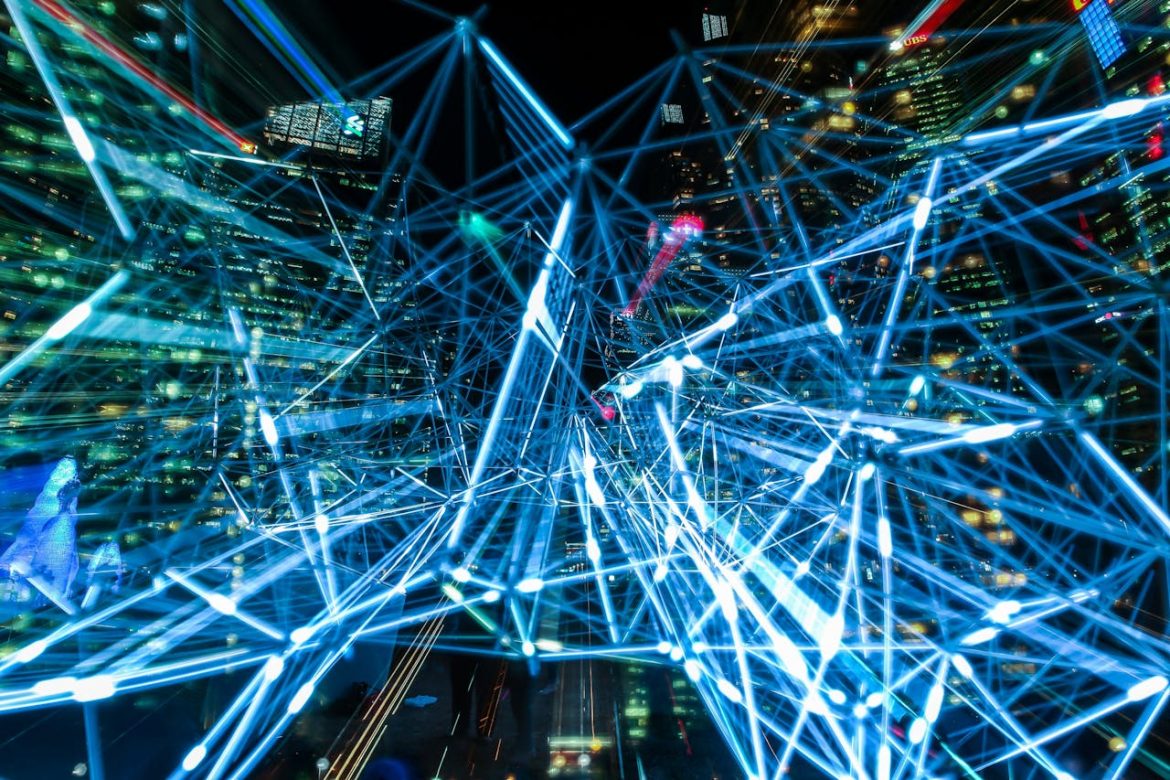Music has always been an integral part of our lives, evoking emotions and memories. In recent years, artificial intelligence (AI) has started playing a significant role in music creation and production, revolutionizing the way music is composed, produced, and experienced. In this blog, we will explore how AI is shaping the future of music.
AI in Music Composition
One of the most fascinating developments in the music industry is the use of AI for composing music. AI algorithms can analyze vast amounts of music data, learning from existing compositions to create new music pieces. Tools like Aiva are at the forefront of this innovation, offering composers and producers AI-powered assistance in creating music. Aiva can generate music for films, games, and other media, showcasing the creative potential of AI in music composition.
AI in Music Production
Music production involves a series of steps to transform a musical idea into a final product. AI is making significant strides in this area, automating tasks such as mixing, mastering, and sound editing. LANDR is an example of how AI is used in music production. LANDR provides AI-driven mastering services, allowing musicians to achieve professional-quality sound without the need for expensive studio equipment or specialized knowledge.
Personalization and Recommendation
AI is also enhancing the way we discover and experience music. Streaming services like Spotify utilize AI to analyze our listening habits, recommending new songs and artists that match our preferences. This personalized experience has transformed music discovery, making it easier for listeners to find music that resonates with them.
Enhancing Creativity
AI is not just about automating tasks; it’s also about enhancing human creativity. Tools like Amper Music allow musicians to collaborate with AI in the creative process. By setting certain parameters, such as mood and genre, musicians can work with AI to generate unique compositions, blending human creativity with AI’s computational power.
Challenges and Opportunities
Despite the exciting developments, the integration of AI in music also poses challenges. Concerns about originality, copyright, and the potential for AI to replace human musicians are prevalent. However, the opportunity for AI to augment human creativity, making music creation more accessible to a wider audience, is a compelling counterpoint.
Conclusion
Artificial intelligence is rapidly becoming an integral part of the music industry, offering tools for composition, production, and personalization. As AI continues to evolve, its potential to enhance human creativity and transform music creation and production is immense. While challenges exist, the collaboration between AI and musicians holds exciting possibilities for the future of music.


